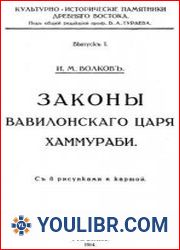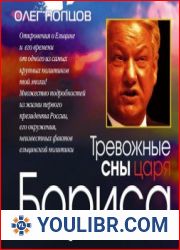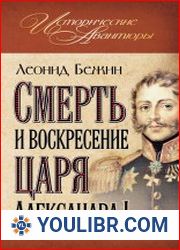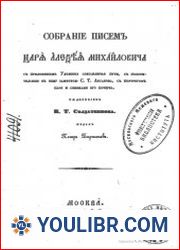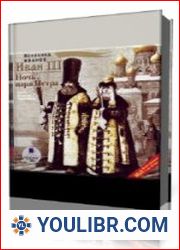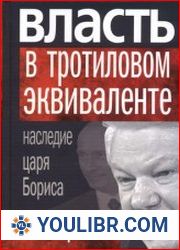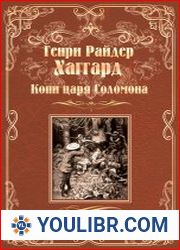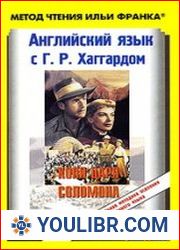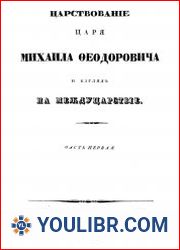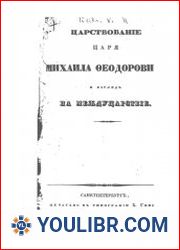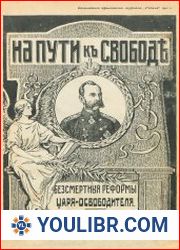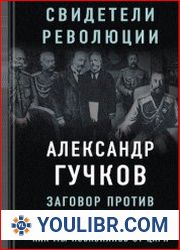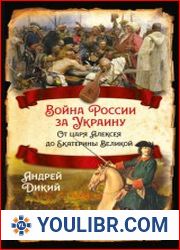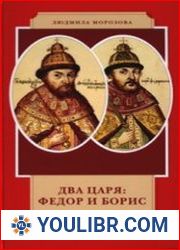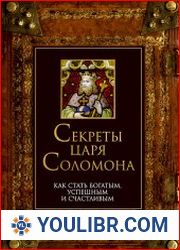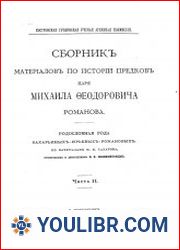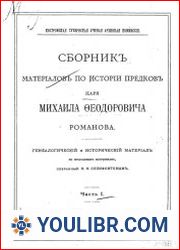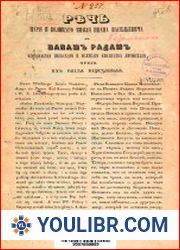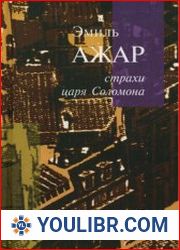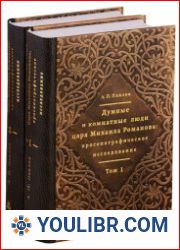
BOOKS - HISTORY - «Волимо царя східного...». Український Гетьманат та російська динас...

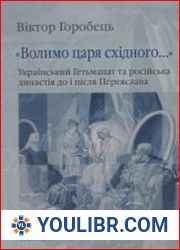
US $5.94

592874

592874
«Волимо царя східного...». Український Гетьманат та російська династія до і після Переяслава
Author: украинскийУ книжці Віктора Горобця детально проаналізовано найскладніший і найсуперечливіший період взаємин Гетьманату та російської династії Романових - від середини XVII ст. до ліквідації української автономії Єкатєріною II. В центрі авторової уваги причини й політико-правове наповнення цих стосунків, логіка міжнародних відносин у Східній Європі, соціяльно-політичні трансформації всередині Гетьманату, які посутньо впливали на українсько-російську інтеграцію. В монографії ґрунтовно розглянуто українську політику Петра І, що дає змогу реконструювати мотиви політичної переорієнтації гетьмана Івана Мазепи і причини занепаду Гетьманату в «післямазепинську» добу.намагається - там, де це дозволяють джерела, - зрозуміти внутрішню мотивацію сторін, сприйняття політичних і соціяльних колізій тогочасними елітами.td>tr>
Year: 2007
Format: PDF | DJVU
File size: 19.0 MB
Language: UA

Year: 2007
Format: PDF | DJVU
File size: 19.0 MB
Language: UA
Viktor Vorobyy's book analyzes in detail the most difficult and contradictory period of the relationship between the Hetmanate and the Russian Romanov dynasty - from the middle of the 17th century. until the liquidation of Ukrainian autonomy by Catherine II. The author's focus is on the causes and political and legal content of these relations, the logic of international relations in Eastern Europe, socio-political transformations within the Hetmanate, which significantly influenced Ukrainian-Russian integration. The monograph thoroughly examined the Ukrainian policy of Petro І, which allows us to reconstruct the motives for the political reorientation of the hetman Ivan Mazepa and the reasons for the decline of the Hetmanate in the "post-Azepine" era. The author tries - where sources allow - to understand the internal motivation of the parties, the perception of political and social conflicts by the then elites.







